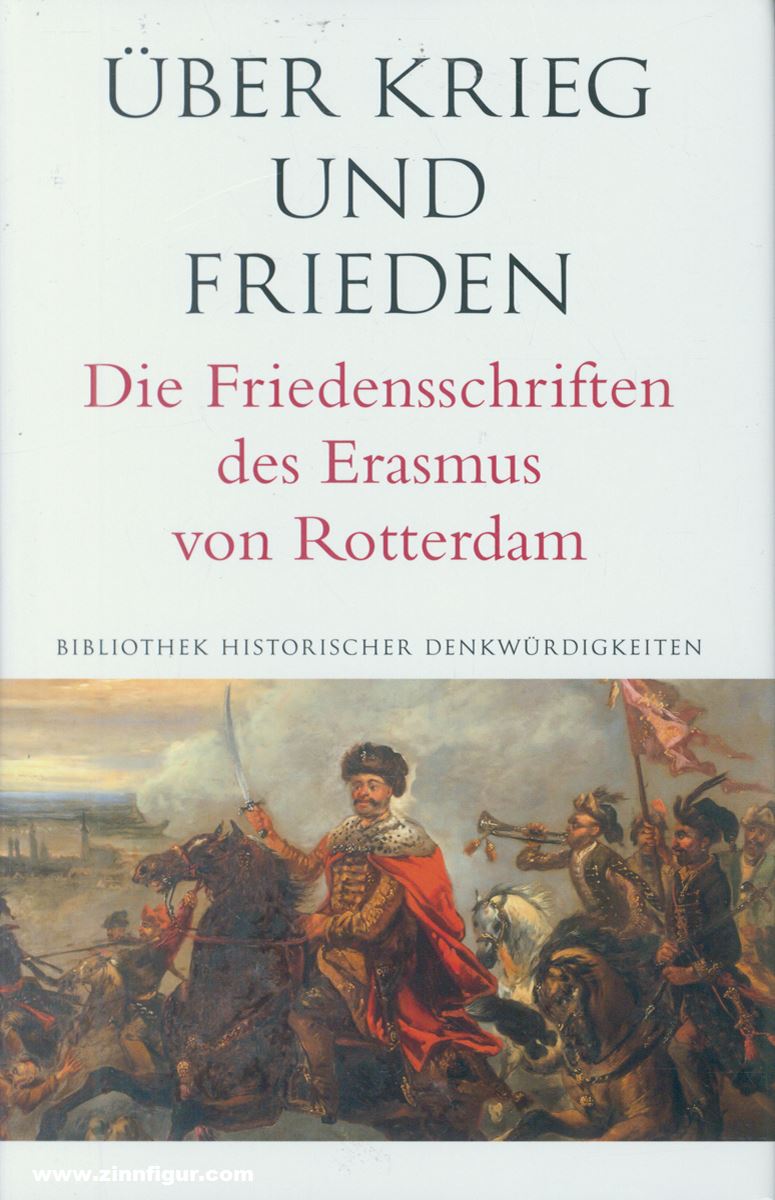500 Years of Peace Research

Why peace tourists should go to Rotterdam in December 2023.
„… an important upcoming anniversary in a few weeks: 1st December 1523 – 1st December 2023:
500th anniversary of Erasmus‘ proposal for peace research, the earliest of its
Prof. Peter van den Dungen
kind.“
It seems that nearly nobody is aware of this anniversary. Prof. Van den Dungen (PD) made a presentation at the 11th conference of Peace Museums INMP that was held in Uppsala in August. In the little paper PD wrote (about important peace anniversaries this year), this is what he wrote about the Erasmus anniversary:
„The need for this new kind of study was suggested in a long letter, of 1st December 1523, that the great scholar and humanist, Desiderius Erasmus (Erasmus of Rotterdam), addressed to François I, the king of France. The letter was in the form of a dedication of his paraphrase of the Gospel of Mark, the last of the Gospels to be paraphrased by Erasmus. He undertook this work in the autumn of 1523 and the book was published the following year; his paraphrases were successful beyond expectation. Erasmus’s purpose was to make the Bible an effective instrument for the reform of society, the church, and the life of individuals in the turbulent world of the 16th century. He had dedicated his earlier paraphrases (of Matthew, John and Luke) to other leading monarchs, including the emperor Charles V and King Henry VIII of England. He pleaded for the establishment and maintenance of concord between them but the ongoing violent conflicts between them brought shame upon Christendom. He argued that it was more profitable ‚to accept a disadvantageous peace rather than pursue the most advantageous of wars. Is anything more fragile, more fleeting, more fraught with calamity than this life of ours? … among all the evils which torment our mortal life, none is more criminal, none does more harm than war . And so I think no sort of men more disastrous than those who supply monarchs with the seeds from which war can grow‚. Erasmus continues, ‚I say this, your most Christian Majesty, with no wish to strike the sword out of the hand of kings. A good prince has perhaps the duty to wage war sometimes, but never until he has tried all other courses and is driven to it by ultimate necessity‚.Later on in the letter he argues the
need to investigate the root causes of war,
just as doctors investigate those of illnesses which then enable doctors to cure and prevent them: ‚When a new sickness appears, physicians who deal with disorders of the body inquire with all their skill into the causes of the trouble. Once these have been identified it is no great business to devise a cure; and, not content with that, they devise measures to prevent subsequent outbreaks of the same plague.
Why is it that in these great and constantly recurring troubles men endowed with the needful wisdom and experience do not investigate the springs from which these tumults break out from time to time over the world, so that it might be possible by cutting them off at the root to cure these dreadful ills?
Why are we so clear-sighted in things of much less importance and blind in by far the most important field of all? It seems to me that most wars arise out of a few empty words, invented one might think in order to nourish man’s vainglory (de: Prahlerei – ahl) .‘
Peter van den Dungen
Erasmus was, above all else, an educator and, to be more precise, a peace educator. He urged the Christian rulers of his day to be peacemakers by following the teachings and example of Jesus Christ, ‚the prince of peace‘.
But his arguments against war were not only derived from Christian teachings but also from the classical Greek and Roman worlds, and from the humanist movement of his time of which he himself was such an outstanding leader.“
The analogy of comparing war with sickness, and peace researchers with medical doctors, was made in our time by Johan Galtung and other early peace researchers of the 20th century, but Erasmus was the first to do so. It is perhaps not surprising since he had a weak constitution and was often ill. Among his many publications is a beautiful ‚Lob der Heilkunst‚, first published in Latin in 1518 (I have the first German translation, 1907).
From the internet: https://anthrowiki.at/Erasmus_von_Rotterdam:
Medizinische Schriften
Erasmus war früh, auch bedingt durch seine eigene Krankheitserfahrungen und
der Pest auch sehr an medizinischen Fragen und Themen interessiert, welche
sich auch in diversen Werken widerspiegeln. Er setzte sich u. a. intensiv
mit der ersten griechischen Gesamtausgabe von Galen bzw. Galenos auseinander und schrieb
hierzu auch einen Kommentar.[38] Sein wichtigstes Werk ist das Lob der Gesundheit (Encomium artis medicae), wo er u. a. Ansätze einer medizinischen Ethik aus humanistischer Perspektive entwickelte.[39] In seinem Lob der Gesundheit spricht Erasmus nicht nur die ethischen Verpflichtungen des
Arztes an, sondern auch die des Patienten. Erasmus war kein Arzt oder Mediziner, obwohl die Veröffentlichung seines Lobs der Gesundheit einige zu dem Schluss verleitet hat, dass er einer war.[40]
———————————-
The long letter to the French king is published in full, in English translation, in ‚Collected Works of Erasmus: Paraphrase on Mark‘ (University of Toronto Press, Vol. 49, 1988, pp. 2-12). I have so far not managed to find a German translation. The letter is very much about war and peace. It does not seem to be included in the otherwise excellent ‚Ueber Krieg und Frieden: Die Friedensschriften des Erasmus von Rotterdam‘ (Bibliothek Historischer Denkwuerdigkeiten; Alcorde Verlag, 2018, 542 pages). The book is beautifully illustrated, including colour reproductions.

If you cannot visit Rotterdam, the birthplace of Erasmus with the old and very famous statue of him.
Here it is:

https://de.wikibrief.org/wiki/Statue_of_Erasmus;
https://en.rotterdam.info/locations/statue-of-erasmus-en/
Posted in Friedensforschung, Friedenspädagogik, Friedensstifter, Friedenstourismus





